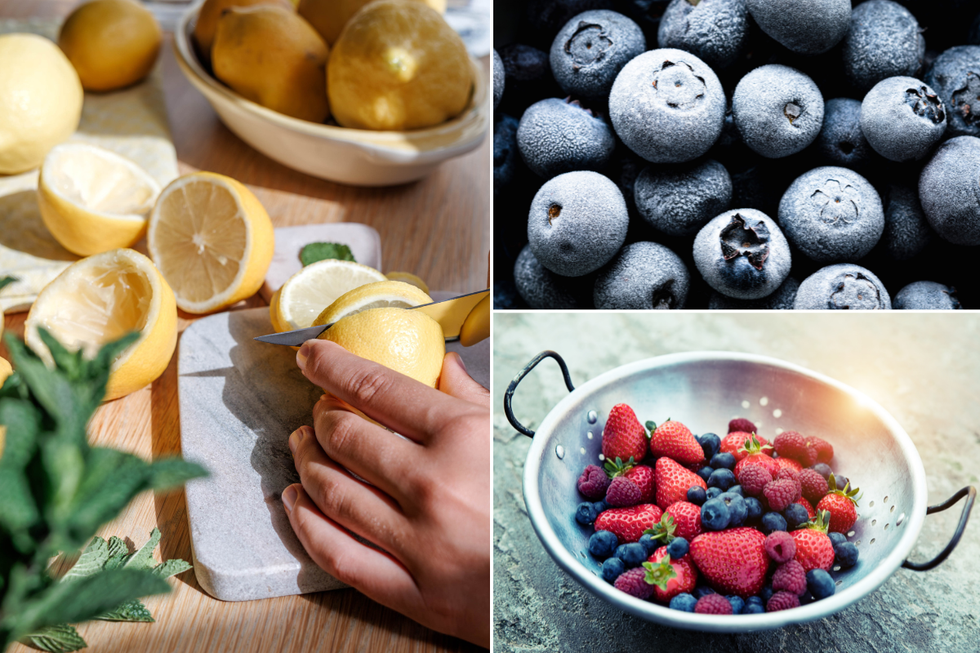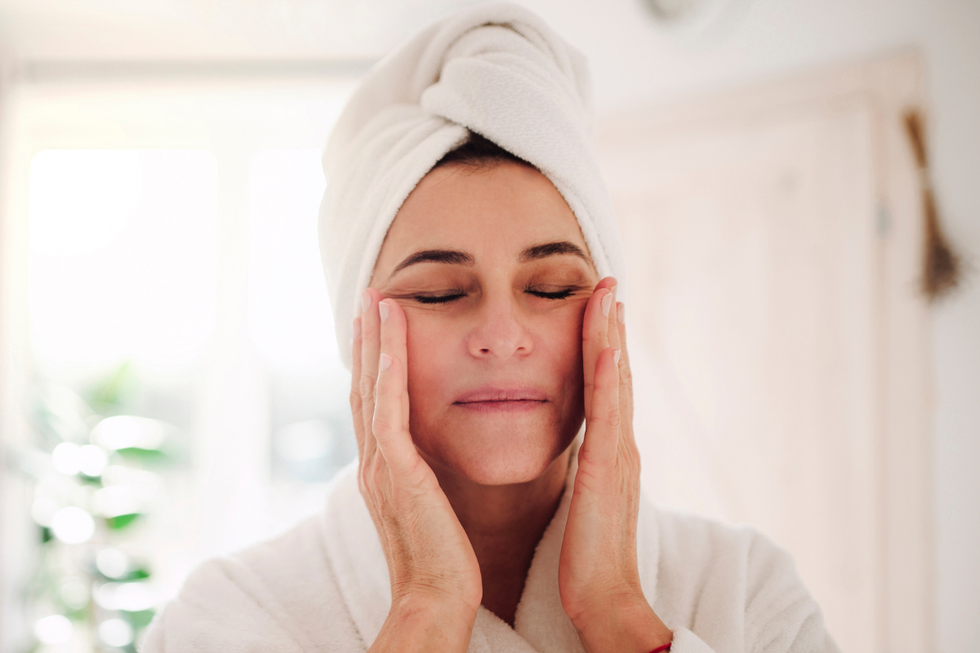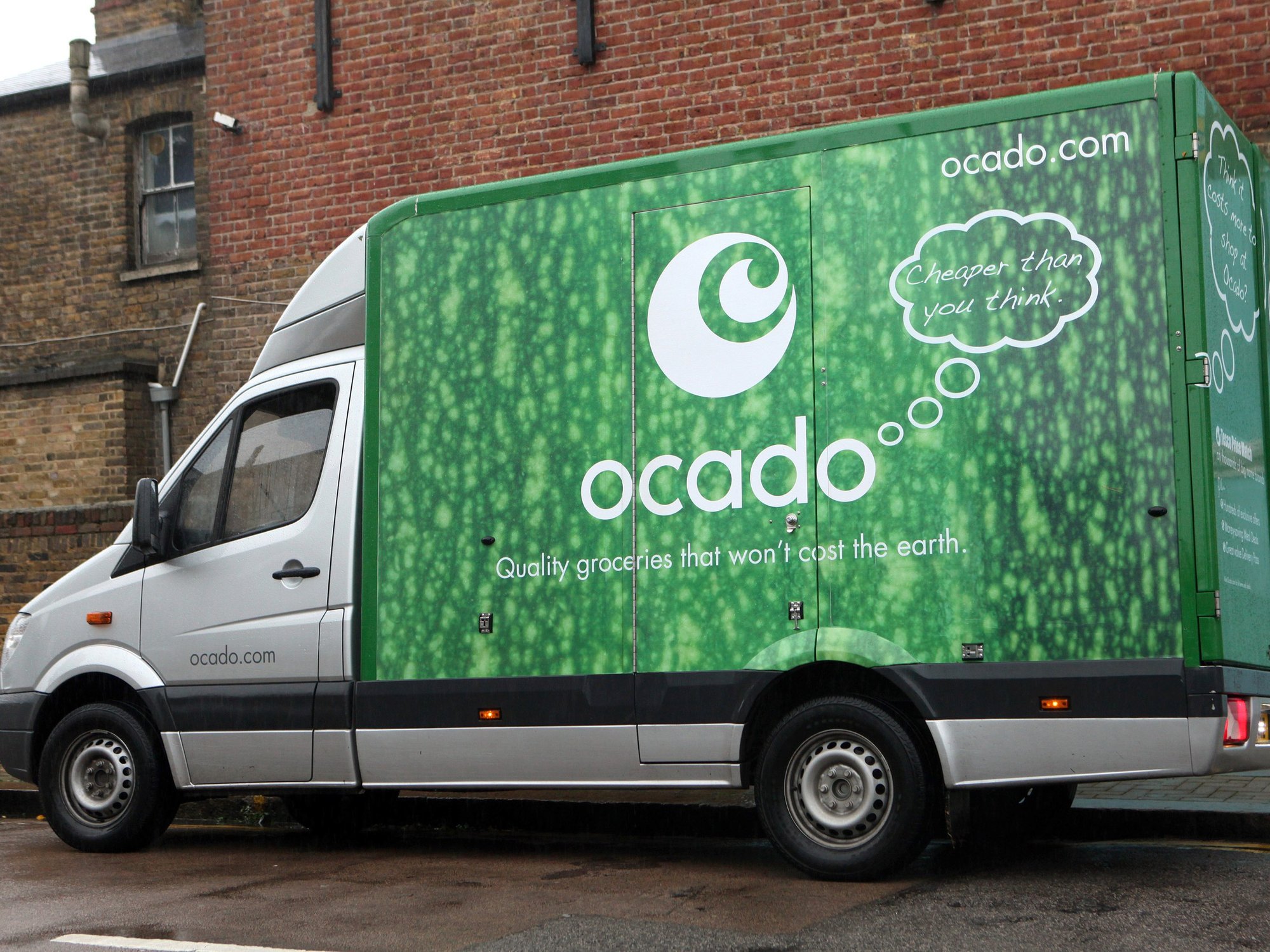How to look younger: 'I'm an A-list nutritionist - women over 50 should prepare their fruit a certain way to reap the full anti-ageing benefits'

WATCH NOW: Skin care experts Sinead and Jeanette share how to protect your skin in the morning
|GB News
Choosing the right way to store your fruit can boost their nutrients, a nutritionist told GB News
Don't Miss
Latest
When it comes to fending off fine lines and wrinkles, fruit can become your skin’s best friend - or so the experts say - despite their high sugar content.
Jam-packed full of vitamin C - berries, kiwi, oranges, papaya and pineapple - have been hailed as “absolutely essential” in the collagen synthesis process, supporting your body to build and stabilise collagen fibres.
But, to go one step further, A-list nutritionist Gabriela Peacock divulged to GB News that freezing your fruit before consumption is the way to go.
Although throwing fruit and vegetables into the freezer has traditionally been associated with nutrient loss, newer research indicates that certain nutritive compounds - like antioxidants - can be boosted by the process.

Throwing fruit and vegetables into the freezer has traditionally been associated with nutrient loss but newer research refutes this
|GETTY
Gabriela claimed that frozen blueberries often contain more antioxidants than those kept at room temperature.
And, in fact, blueberry studies have reiterated that freezing the fruit cannot harm its antioxidant content, according to the Blueberry Council.
Researchers found that the anthocyanin content of blueberries that had been frozen for one, three and five months had not changed from their original state.
Additionally, they kept similar or even greater amounts of thiamine, riboflavin, vitamin B-6, folate and fibre.
LATEST SKIN CARE TIPS AND TRICKS
However, fruit starts to lose nutrients as soon as they are picked, so it’s important to store them in the freezer as soon as possible after harvesting.
To maintain their nutritious value, fruit and vegetables are often frozen which aids their preservation as they make their way to supermarket shelves.
Gabriela added that incorporating fruits with antioxidant power - like pomegranate and mango - can help to combat oxidative stress “which can accelerate collagen breakdown”.
More widely, Gabriela told GB News that eating more fruit serves as an effective anti-ageing method for women - even more so for those over the age of 50.

Gabriela told GB News that eating more fruit serves as an effective anti-ageing method for women
|GETTY
Speaking exclusively to the People’s Channel, the A-list nutritionist said: “In fact, I’d say it becomes even more important after 50.
“Hormonal changes during menopause can significantly accelerate collagen loss, so prioritising vitamin C-rich fruits alongside antioxidant and anti-inflammatory foods is essential.
“Supporting your diet with targeted supplements, particularly those rich in polyphenols, can help reduce inflammation and protect against the visible signs of ageing.”
During menopause, women start to lose the amount of collagen in their skin, which is responsible for maintaining your skin’s structure, as well as its elasticity and plumpness.
Without the same high levels of collagen, your complexion will be more susceptible to fine lines, sagging and dullness, which is why it’s so essential to increase the amount of vitamin C in your diet to support collagen production and restore that healthy glow.










